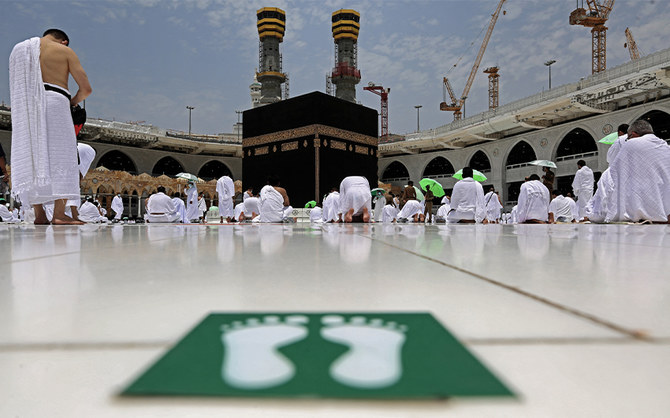JEDDAH: Saudi Arabia’s Ministry of Hajj and Umrah announced guidelines for issuing Umrah and prayer permits for the month of Ramadan. Vaccinations are at the top of the priority list, with no worshippers allowed into either Makkah’s Grand Mosque or the Prophet’s Mosque in Madinah without having received at least one dose of the coronavirus (COVID-19) vaccine.
Additionally, the Ministry of Islamic Affairs, Dawah and Guidance has highlighted the need to follow all precautionary measures to ensure the safety, health and security of those visiting the two holy mosques. Millions of worshippers have visited the mosques while wearing masks and maintaining physical distance since a seven-month suspension of prayers and Umrah was lifted last October.
An estimated 1.5 million worshippers have been to the Grand Mosque in the first 10 days of Ramadan alone. In an exclusive interview with Arab News, Dr. Amr Al-Maddah, deputy minister for Hajj and Umrah services at the Ministry of Hajj and Umrah, answered all possible questions of pilgrims and worshippers who wish to perform the Islamic ritual this Ramadan.
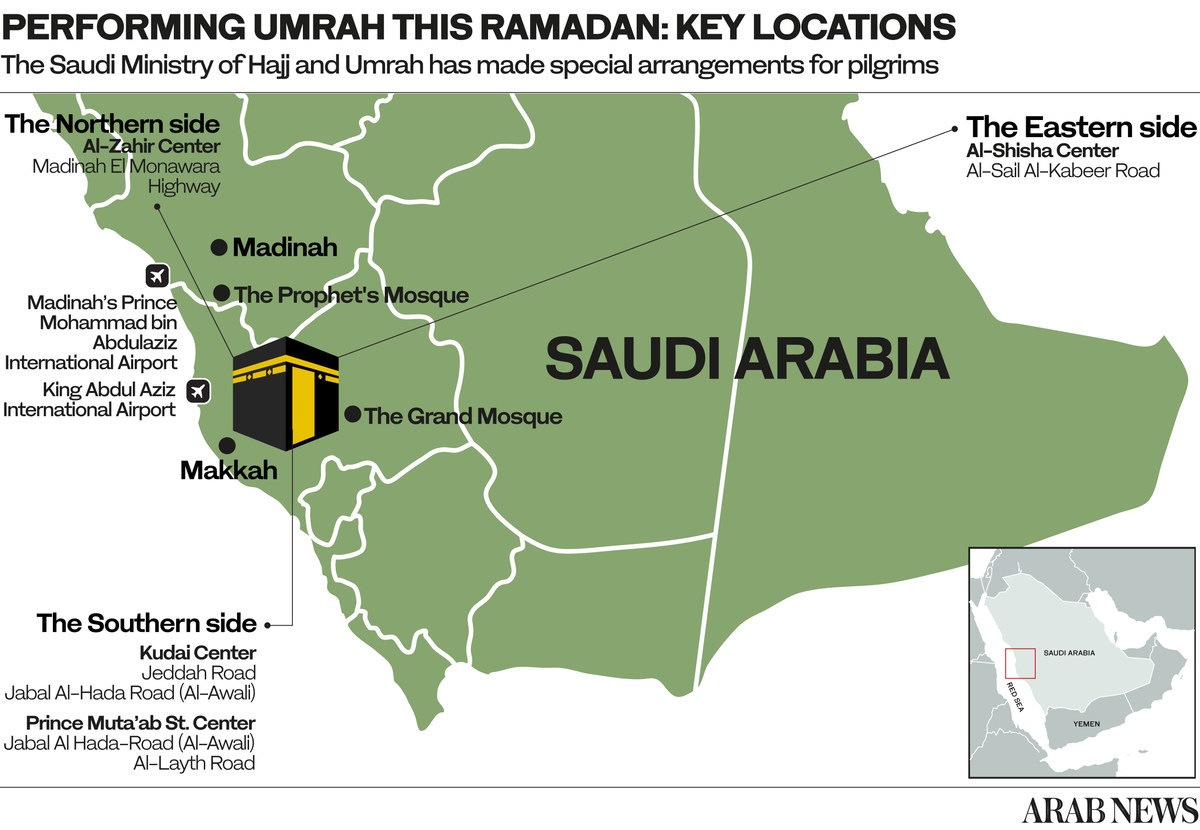
What is the operational capacity of Makkah’s Grand Mosque?
The Grand Mosque can welcome up to 50,000 pilgrims and 100,000 worshippers every day.
Are pilgrims from outside the Kingdom allowed to perform the Umrah during Ramadan?
Yes, pilgrims from several countries will be performing the Umrah.
Do the same health requirements apply to domestic and foreign pilgrims and worshippers?
A royal decree issued on Aug. 20, 2020, stated that all those wishing to enter the Grand Mosque are required to receive the COVID-19 vaccine. Visitors and pilgrims coming from abroad must hold certificates that show they have been vaccinated.
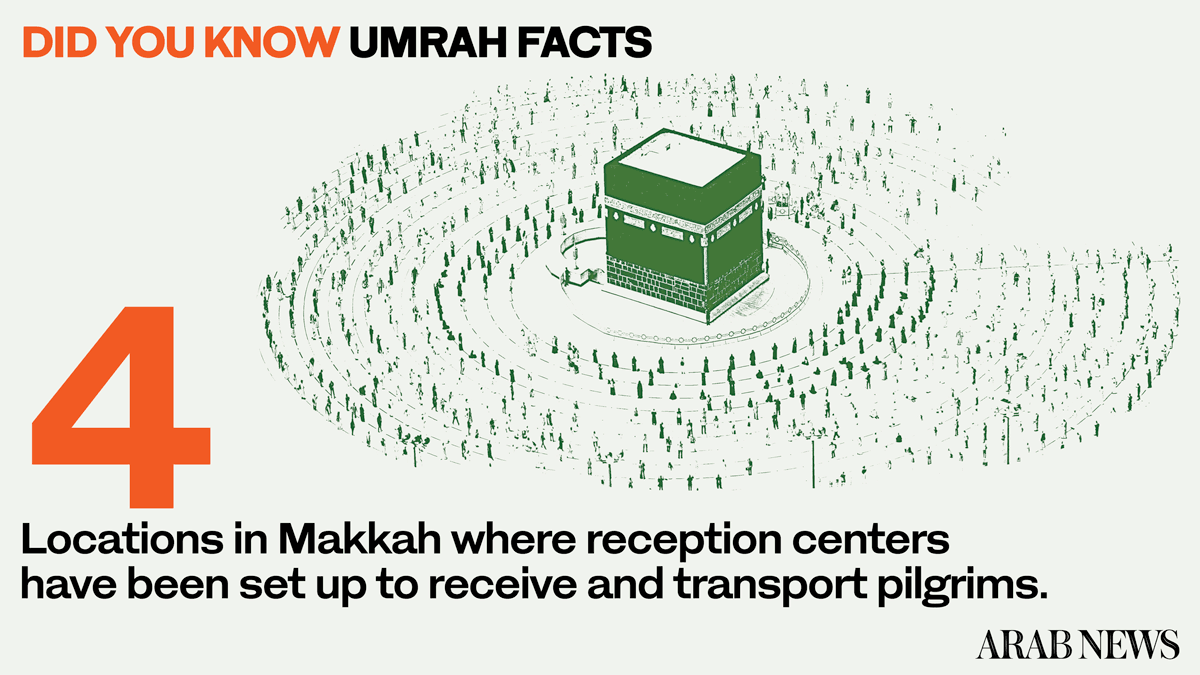
Are there any acceptable vaccines other than the ones approved by Saudi Arabia, notably the Pfizer-BioNTech and Oxford-AstraZeneca shots?
The Ministry of Hajj and Umrah operates based on the approved vaccines and reports of the Ministry of Health. The vaccine approval process is regularly updated on the basis of the reports provided by the health ministry.
The ministry’s assessment process takes into consideration the World Health Organization’s evaluation, the evaluation of the risks of new vaccines and the health ministry’s evaluation of the effectiveness of these vaccines.
As a service provider, the Ministry of Hajj and Umrah totally depends on the information it receives from the government bodies capable of evaluating the vaccines and their efficacy. While the health certificate of every country follows a specific system, the Ministry of Hajj and Umrah handles the matter based on the input from the health ministry and issues permits accordingly.
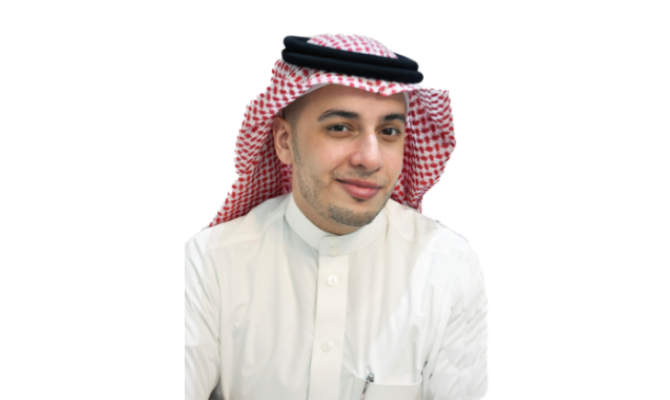
Dr. Amr Al-Maddah, deputy minister for Hajj and Umrah services. (Supplied)
How is the Ministry of Hajj and Umrah dealing with pilgrims from countries experiencing a surge in coronavirus cases?
The Kingdom has stopped flights from the countries from which entry for Umrah or any other purpose has been halted due to the rising number of coronavirus cases.
Flights from other countries have not been suspended despite an increase in coronavirus cases there because vaccines can prevent the transmission of the virus, mitigate the pandemic’s impacts and reduce the possibility of spreading the virus to other people. If the incoming pilgrim has already received a COVID-19 vaccine, the risk is assumed to be much lower.
How does a pilgrim’s journey go from the moment of arrival in Saudi Arabia to completion of the Umrah?
It is important to bear in mind that the operational capacity of the Grand Mosque is predetermined on the basis of the preventive measures adopted by the Ministry of Health. A pilgrim’s spot can be reserved using the Eatmarna app and the Tawakkalna app. Once a spot has been reserved, an entry permit is issued to the worshipper or pilgrim, who can show credentials to a reception center.
At the reception center, the date and validity of the permit are checked and the immunization status of the permit holder is verified. Before arriving in Makkah, the pilgrim must pay the charge for transportation services to licensed transport companies that ensure a safe transit by disinfecting vehicles and leaving spaces between the seats. Then the pilgrims are transported to designated bus stops at the Grand Mosque.
For example, pilgrims at the Kudai Center are transported to the King Abdul Aziz Gate, while those at the Al-Zahir Center are transported to Al-Shabika Gate. Pilgrims are dropped off according to their designated centers. Their permits are then checked once again for security reasons before they are allowed to perform the Umrah and pray during the time allotted to them.
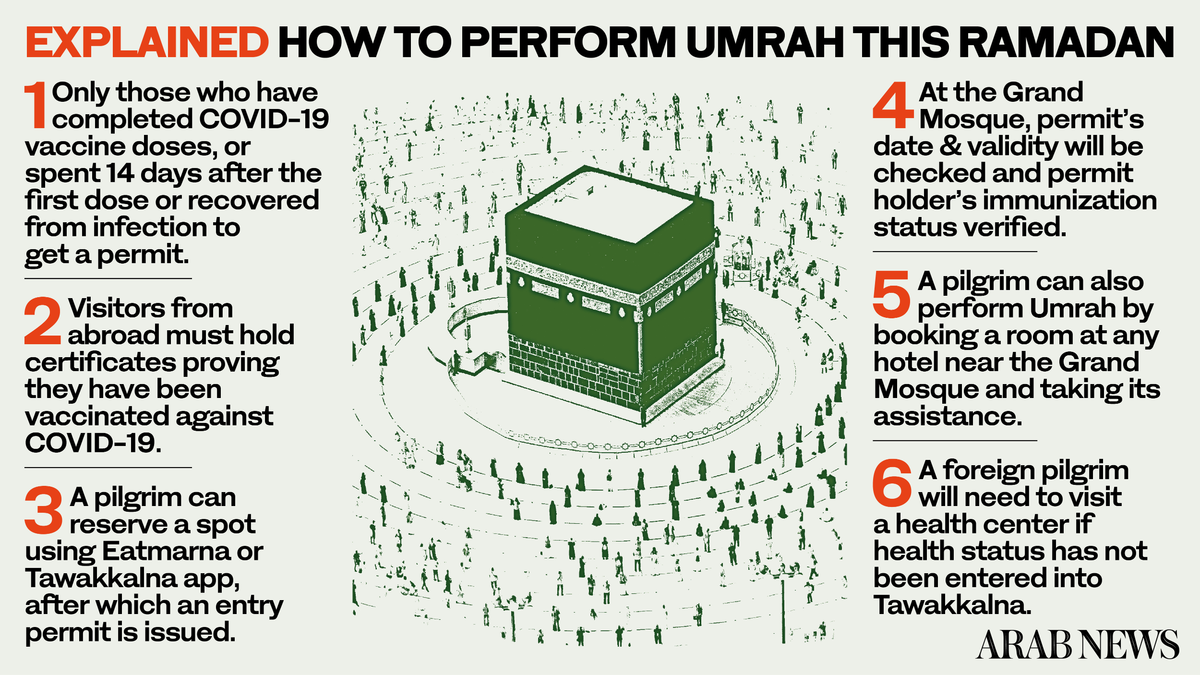
The Ministry of Hajj and Umrah has provided another path for pilgrims to perform the Umrah. This is done by booking a room at any hotel overlooking the Grand Mosque and the central area. Hotels can now assist individuals with room bookings to apply for performing Umrah during the course of their stay. Worshippers interested in this service can initiate the process by making a reservation at a hotel, which can then help the guest reserve a spot within the predetermined capacity of the Grand Mosque.
As for pilgrims coming from abroad, if their health status has not been entered into the Tawakkalna system, they will need to visit a healthcare center where they will receive all the help they need. Their health status will be updated according to the vaccination certificate provided by their home country. A suitable date is then reserved for the visitor to perform Umrah in accordance with the Grand Mosque’s operational capacity.
What provision has been made for the safe transportation of foreign pilgrims arriving via Jeddah’s King Abdul Aziz International Airport and Madinah’s Prince Mohammad bin Abdulaziz International Airport?
There is a high level of coordination between the Ministry of Hajj and Umrah and the Ministry of Health as well as security and service providers, namely the Public Transport Authority, the Royal Commission for Makkah City and Holy Sites and the Madinah Region Development Authority. There are unified standards and protocols for transportation. This includes pilgrims traveling between cities or within the city or accommodations for pilgrims who need to be quarantined after testing.
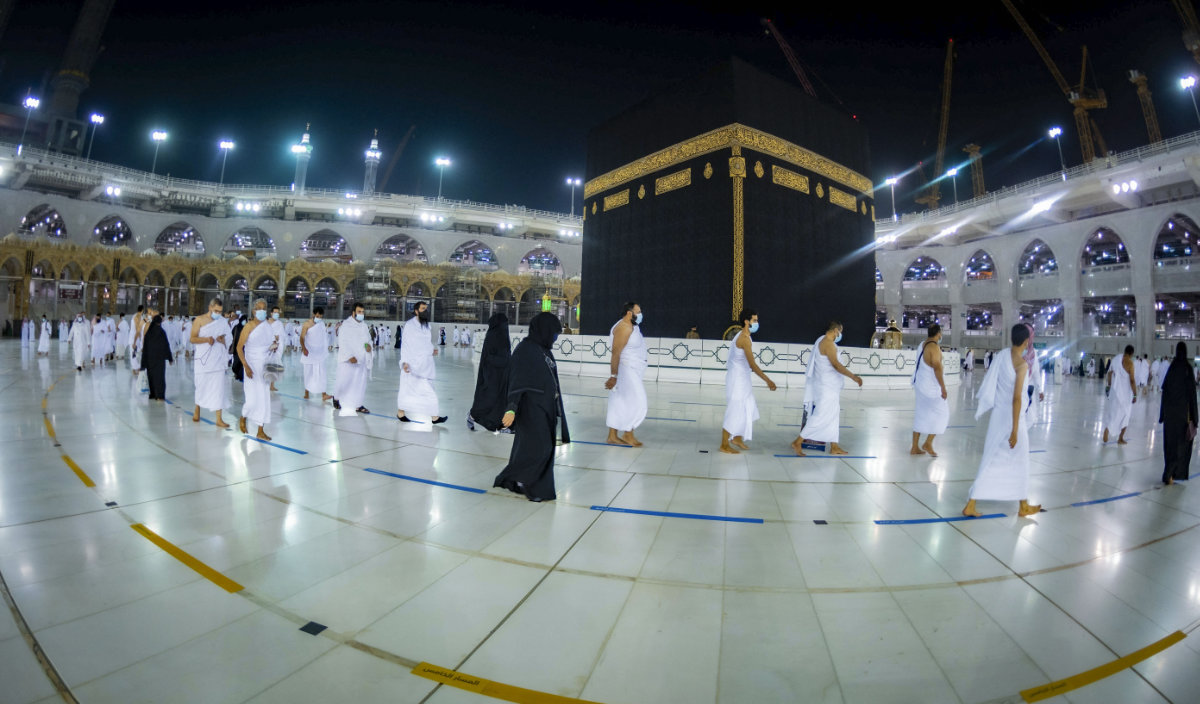
Worshippers circumambulate the Kaaba in the Grand Mosque complex in Makkah on October 4, 2020, amid extensive health precautions to fight the spread of COVID-19. (AFP file photo)
All these standards and protocols have been formulated and clarified to ensure the safety of both local and foreign pilgrims and provide them with an uninterrupted experience. The risk-control measures are aimed at reducing incidents that might lead to a reduction in the number of pilgrims or a possible suspension of Umrah.
Have any permit violations been recorded since the beginning of the Umrah season?
Some violations have been committed. Every system will witness violations and all such cases are being dealt with on site in a timely manner. Security and service bodies are heavily deployed at the Grand Mosque, service centers and gathering points to monitor the situation.
Violators will be fined SR10,000 ($2,666) for performing Umrah without a permit and SR1,000 ($267) for worshipping at the Grand Mosque without a permit. This shows that the formal mechanisms to punish violators have been established and are being used when required. However, most people are observing the current regulations and health protocols.
What is the objective of the fines for Umrah permit violations?
The fines system was developed so the Grand Mosque, the Prophet’s Mosque in Madinah and Makkah, as a whole, do not become a source for the spread of the virus. That is why there is a predetermined pilgrim-handling capacity at each site.
The desire to perform Umrah, Tarawih prayers or night prayers at the Grand Mosque is understandable. However, the world is witnessing an exceptional situation and everyone should come together under these circumstances. Simply put, the fines are meant to prevent people from committing violations that would pose a danger both to pilgrims and those working at the Grand Mosque.
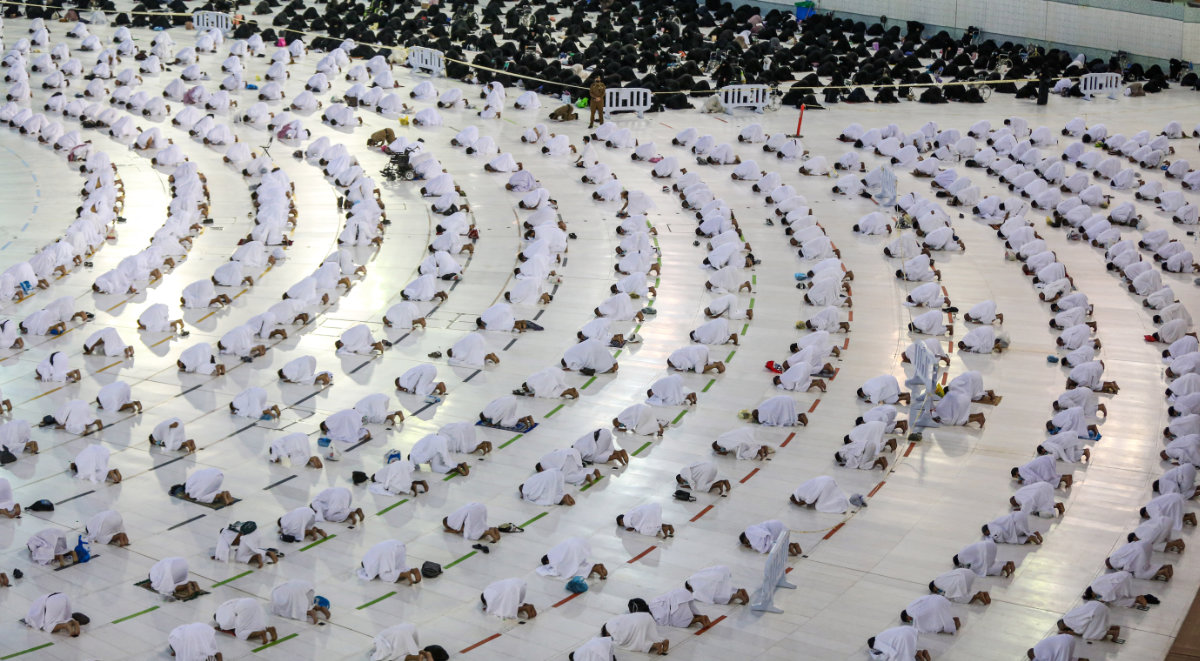
All the protocols have been formulated and clarified to ensure the safety of both local and foreign pilgrims and provide them with an uninterrupted experience. (AFP File photo0
Can a pilgrim’s compliance with the coronavirus transmission-prevention protocols be monitored and assessed?
There are field teams working around the clock to follow up on the condition of pilgrims and their adherence to the health protocols and requirements. The security bodies are cooperating with the Ministry of Hajj and Umrah in this regard. Raising awareness is continuously made by all the bodies concerned.
Is the steady increase in the number of immunized people being taken into account in determining the number of permits?
The predetermined operational capacity is being updated every day. It has now reached between two and a half and three times what it used to be and will continue to increase in the coming days.
What will be taken into account is the overall health situation. The operational capacity is bound to increase in tandem with the increase in people’s awareness of the exceptional circumstances the world is facing. These circumstances require exceptional measures to be taken.
The more people get vaccinated, the lower the risk. Soon people will be able to go back to normal life and all will be welcome to visit the Grand Mosque.
Disinfection operations are currently taking place at the Grand Mosque. Are the buses for transporting worshippers and other facilities getting disinfected as well?
All buses, ticket counters, along with sorting and gathering points, are regularly being disinfected. The process was studied by companies and a specialized team has set the disinfection and sterilization intervals. The buses are disinfected after every cycle while the reception centers are disinfected every half hour as these are considered essential safety measures.
Will the vaccination requirement continue into this year’s Hajj season?
No royal decree has been issued yet on this matter. Once such a decree has been issued, the Ministry of Hajj and Umrah will take action accordingly.
Could the experience of organizing the Umrah prompt the Ministry of Hajj and Umrah to increase the number of Hajj pilgrims this year compared with last year?
Last year, the risk was high during the peak of the COVID-19 crisis. However, the methods of dealing with the pandemic have changed and the situation is completely different this time around.
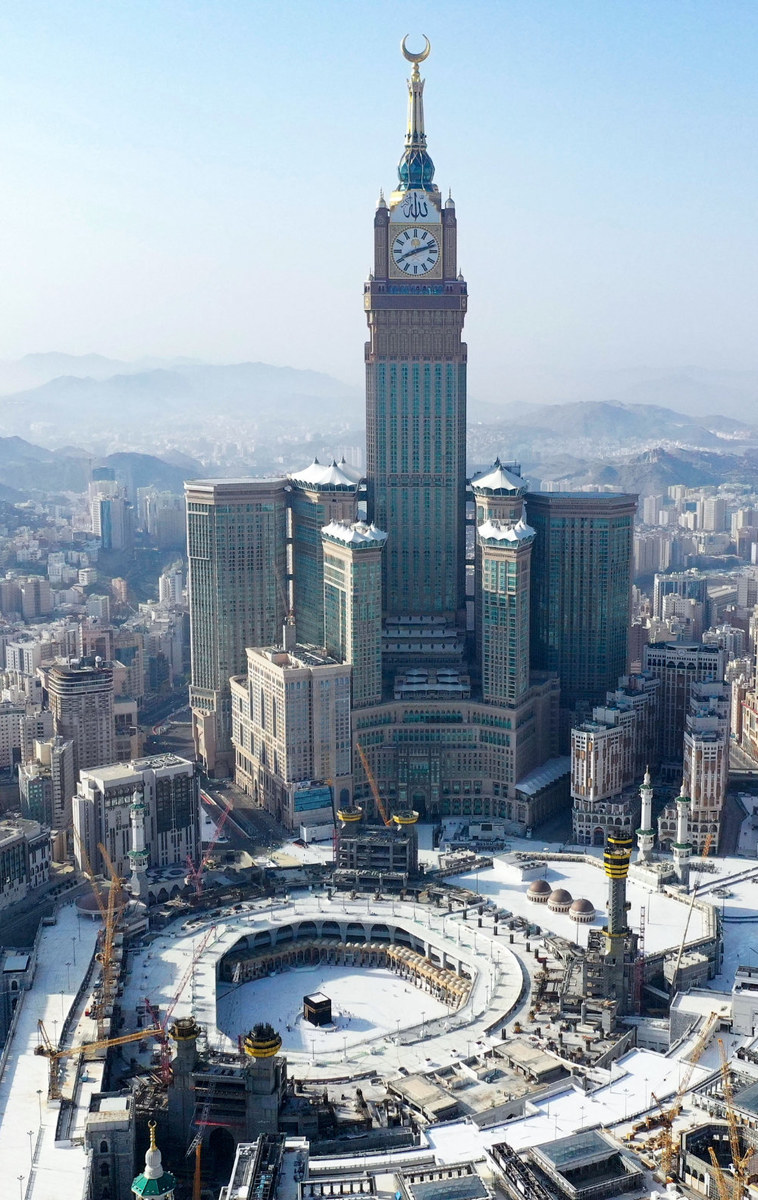
A general view of the Grand Mosque in Makkah, with the Clock Tower in the background. (AFP file photo)
The dates for the holding of the founding assemblies of the Arbab Al-Tawaif Establishments have been announced. How will these entities contribute to an improvement in the services provided to pilgrims and worshippers this year?
The holding of the founding assemblies and the transformation of these establishments into companies will open doors for qualified people from outside of the system, which in turn will contribute to turning these entities into massive national entities.
The hope is they will become “national champions” in serving the pilgrims. These companies, by virtue of their anticipated institutional reforms, will become huge entities that operate by widening the range of their services, acquiring assets and raising the profitability rates of their shareholders and employees.
They will, at the same time, start developing the existing local content of the service industry, from developing the capabilities and cadres working in this area to improving the quality of the services they deliver by adopting international standards instead of relying on just practice and experience.
A quantitative and qualitative transformation of these entities will ensure high-quality services. The transformation of the Arbab Al-Tawaif Establishments into Arbab Al-Tawaif Companies are expected to create the conditions for attracting the finest minds and skilled workers while providing pilgrims with better services and shareholders with higher profits.
____________
• Twitter: @md_sulami


